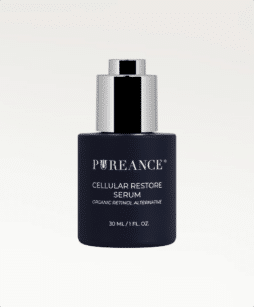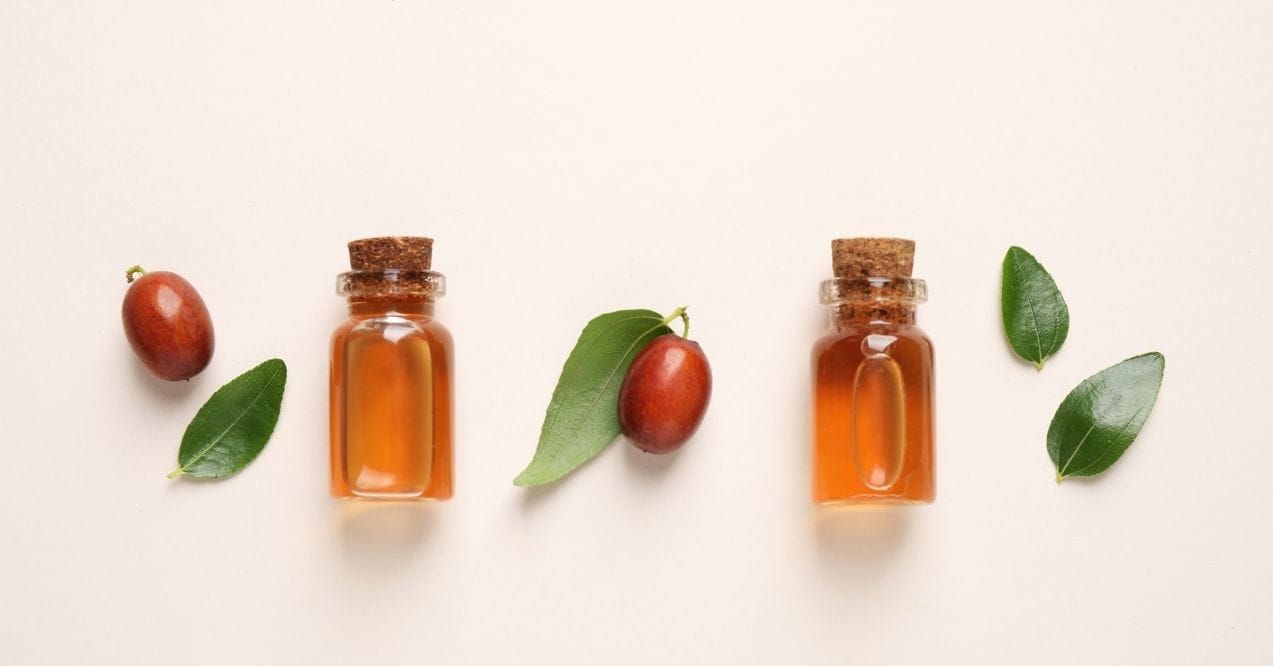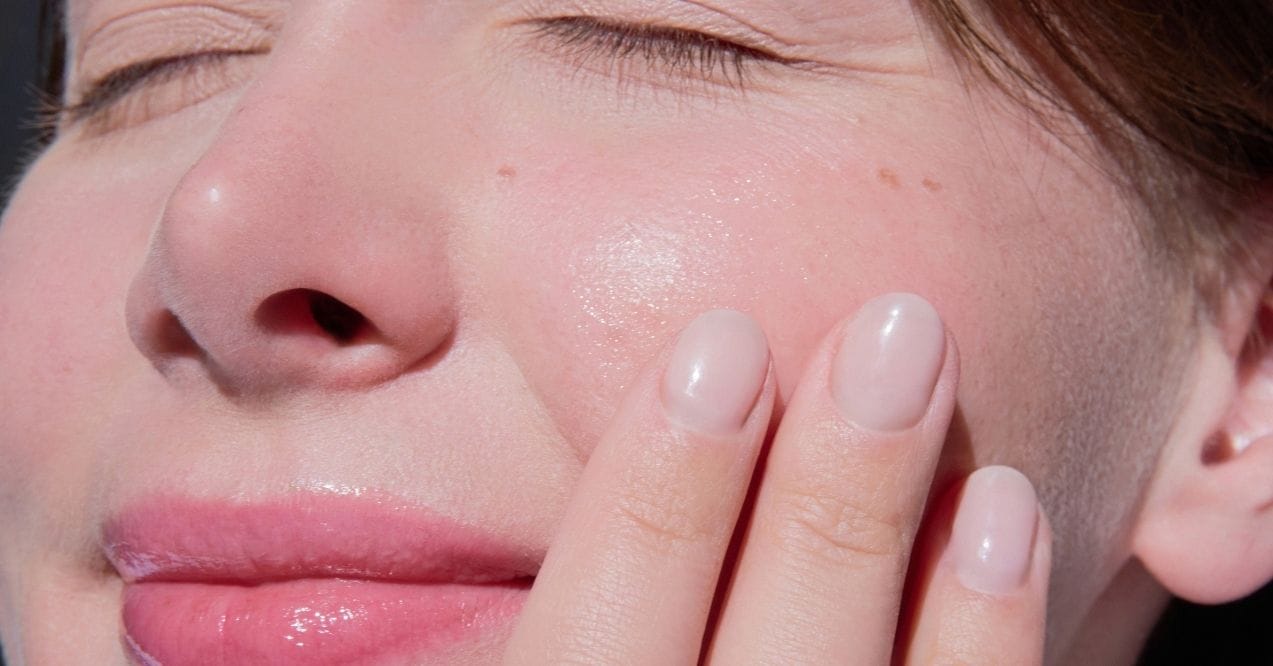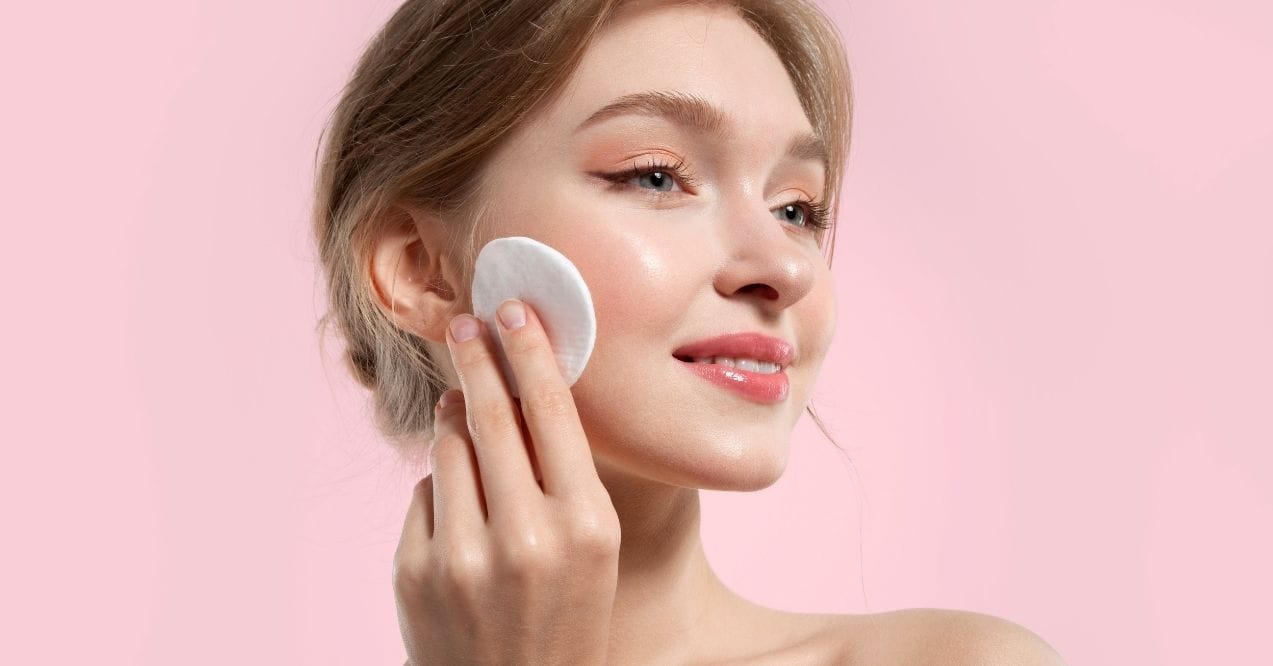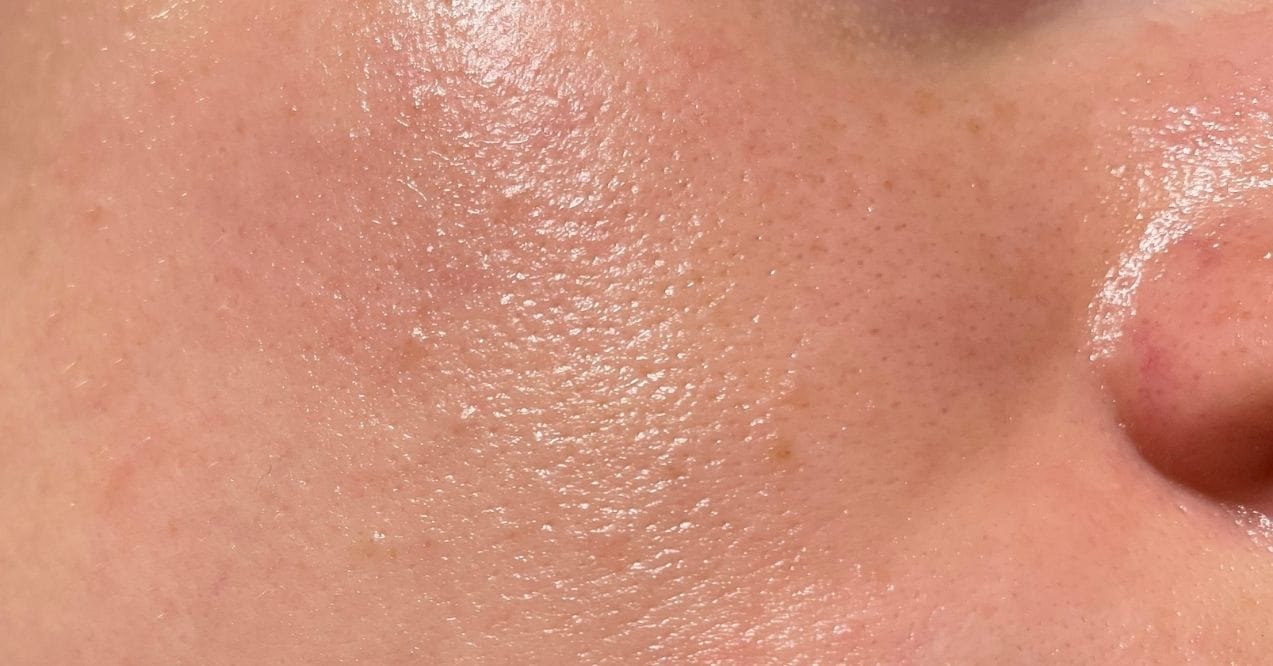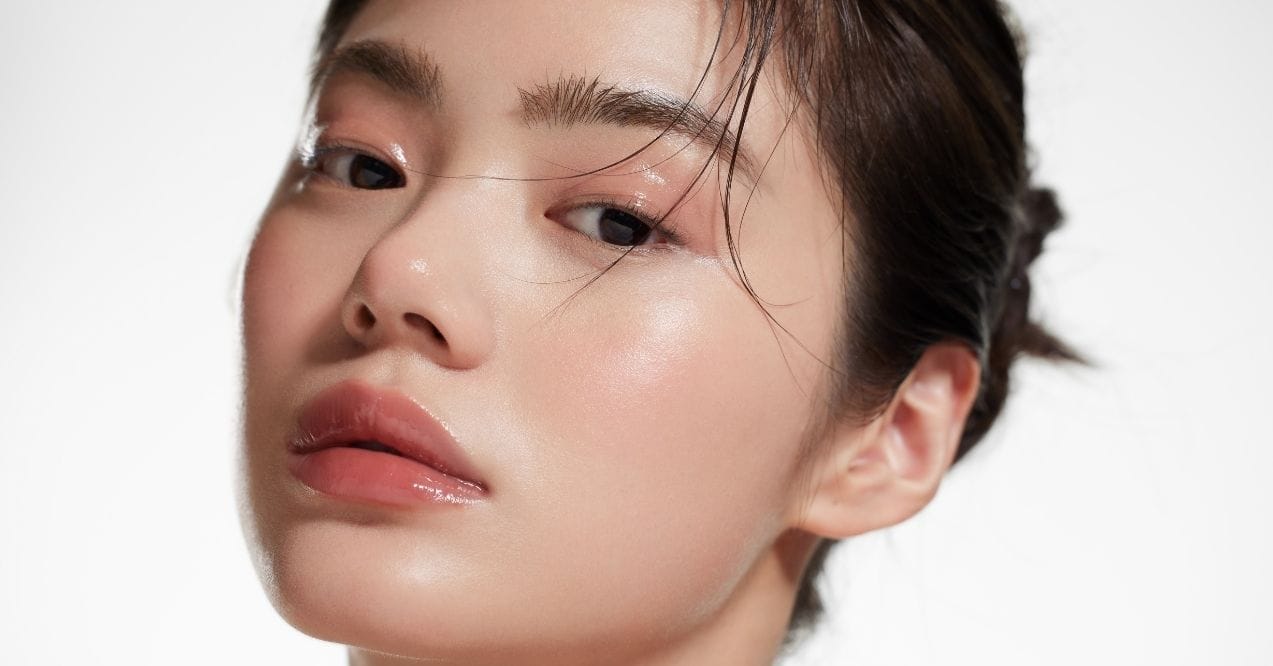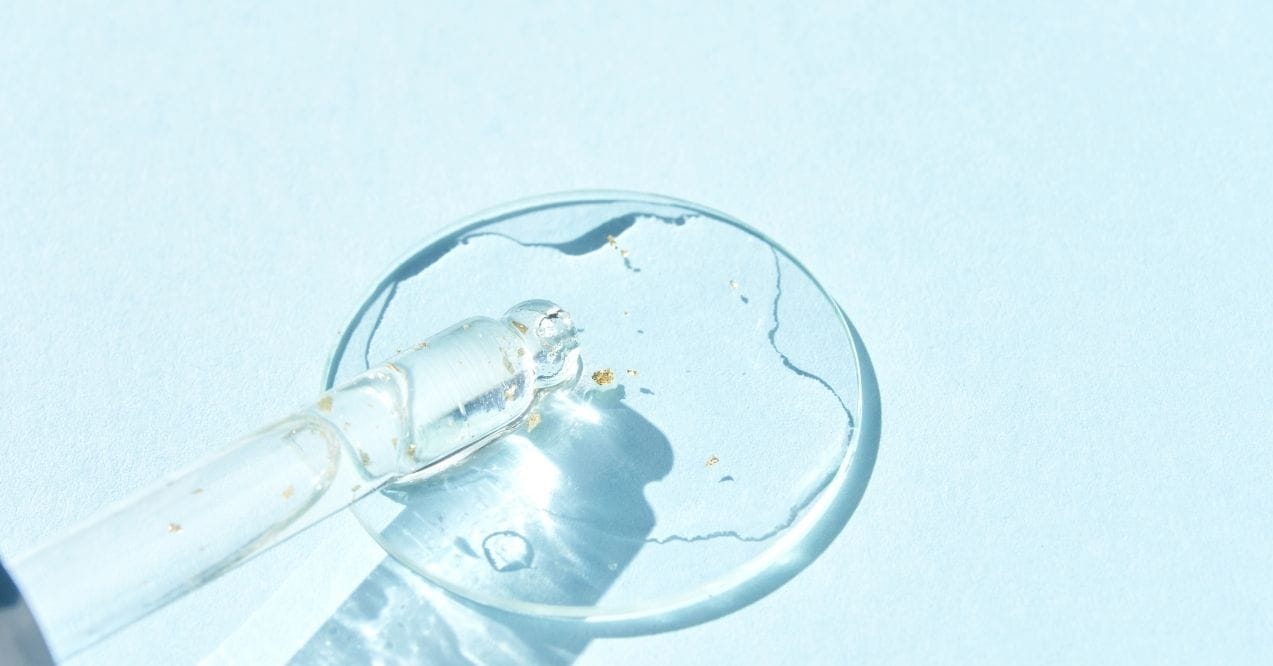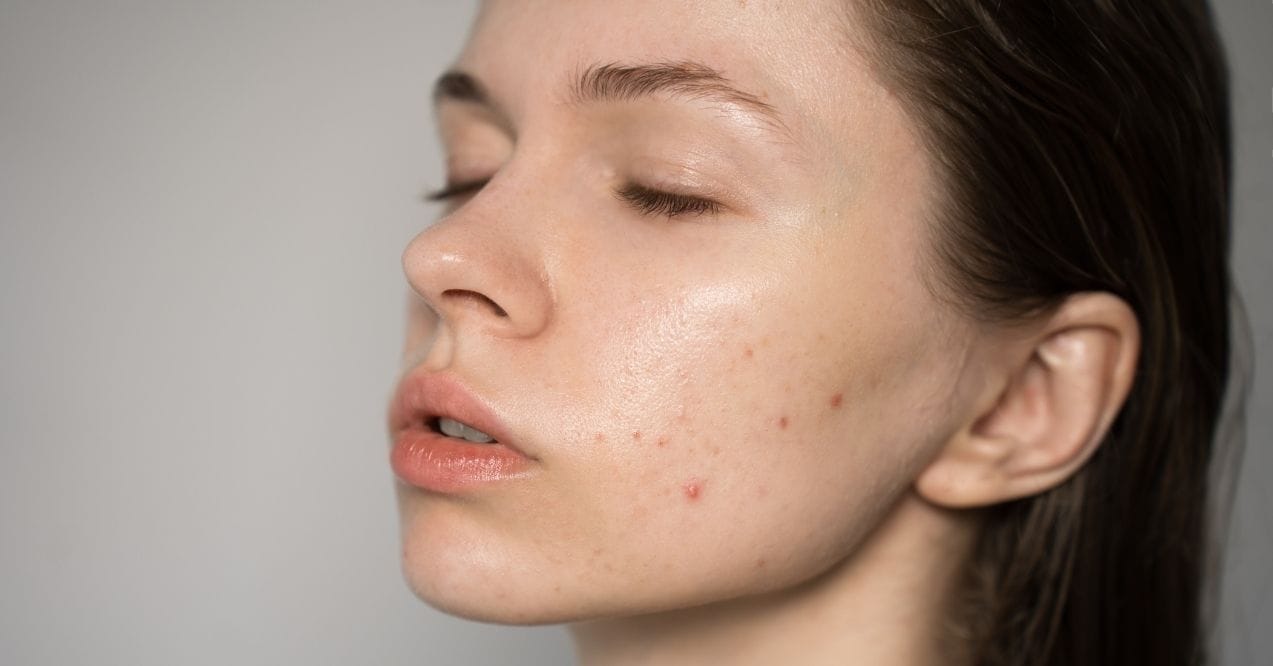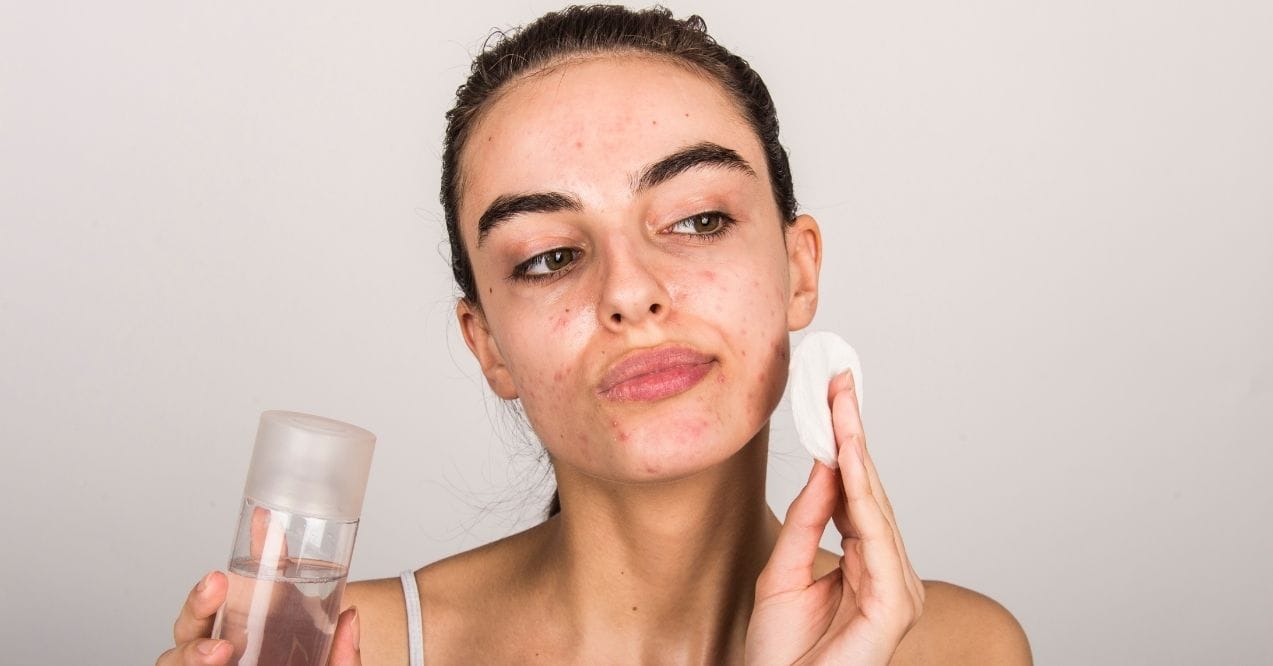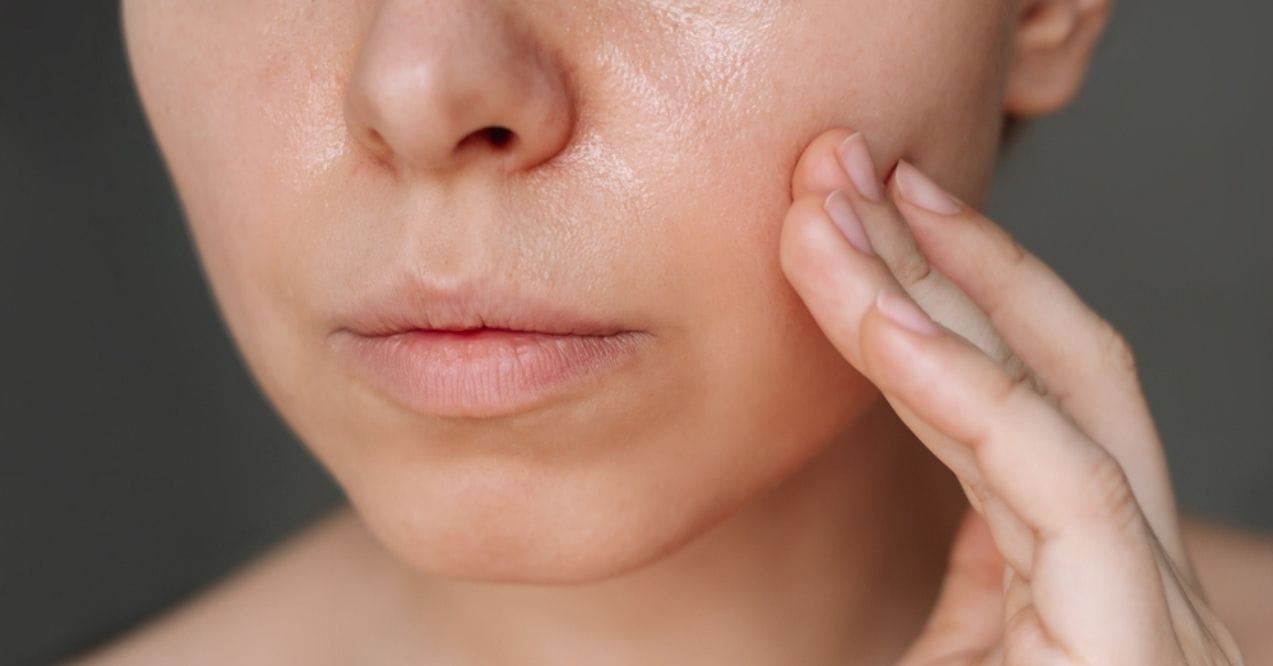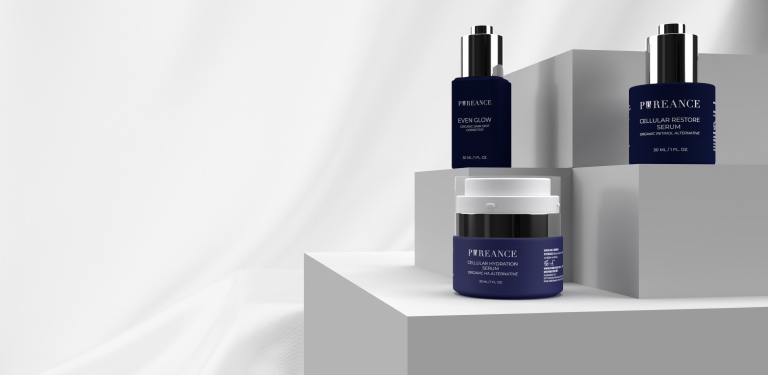


Does Oily Skin Age Better?
Does oily skin age better than other skin types? It’s a question that sparks plenty of debate in the skincare world. If you’ve spent years managing shine and blotting papers, you might be surprised to learn that your oily complexion could potentially work in your favor as you age.
The relationship between oily skin and aging isn’t as straightforward as you might think. While that natural oil production can offer some protective benefits, it’s not a magic shield against all signs of aging.
Let’s explore what science tells us about how oily skin ages and what you can do to make the most of your skin type.
Key Article Findings
- Oily skin may develop fewer fine lines thanks to natural sebum production that keeps skin moisturized.
- Thicker skin associated with oiliness potentially offers better protection against environmental damage.
- Excess oil can lead to enlarged pores and textural concerns that affect overall skin appearance.
- A balanced skincare approach helps manage oil while supporting healthy aging.
- Sun protection remains essential regardless of skin type.
The Science Behind Oily Skin and Aging
Your skin’s oil production plays a fascinating role in how it ages over time. Do people with oily skin age slower? Research suggests there may be some truth to this belief. The natural oils your skin produces act like a built-in moisturizer, potentially keeping your complexion more supple and resilient. This constant hydration can help maintain skin elasticity and reduce the appearance of fine lines.
The dermis of oily skin tends to be thicker than that of dry skin types. This extra thickness provides additional structural support and may delay the formation of wrinkles. Additionally, the lipid barrier in oily skin often remains stronger, offering better protection against moisture loss and environmental stressors that contribute to premature aging.
Sebum Production and Its Role
Sebum is your skin’s natural moisturizer, produced by sebaceous glands throughout your face. This waxy substance contains lipids, squalene, and vitamin E that help protect your skin from oxidative damage. When sebum production is balanced, it creates a protective film that locks in moisture and maintains skin suppleness.
As we age, sebum production naturally decreases, which is why many people experience drier skin later in life. Those with naturally oily skin may find this decline less dramatic, potentially maintaining better hydration levels for longer.
The Impact of Excess Sebum
While sebum offers protective benefits, too much of it can create its own set of challenges. Excess oil can clog pores, leading to blackheads and breakouts that may leave behind marks or scarring. These textural issues can affect how smooth and youthful your skin appears.
Enlarged pores are another common concern for those with oily skin. Over time, consistently clogged pores can stretch and become more visible, creating an uneven skin texture that may add years to your appearance.
Factors Influencing Oily Skin Aging
Several factors determine how oily skin ages beyond just sebum production alone. Your genetic makeup, hormonal fluctuations, and lifestyle choices all play significant roles in this process. Some people with oily skin may notice their complexion remains plump and smooth well into their 40s and 50s, while others might experience different aging patterns.
The way you care for your oily skin throughout your life also impacts how it ages. Harsh products that strip away too much oil can trigger increased sebum production and damage your skin barrier. On the flip side, neglecting proper cleansing can lead to congestion and dullness that ages your appearance. Finding the right balance is key to supporting healthy oily skin aging.
Genetics and Hormones
Your genetic blueprint largely determines your skin type and how it changes over time. If your parents maintained relatively youthful-looking skin despite oiliness, you might follow a similar pattern. Genetics influence not only sebum production but also collagen density, skin thickness, and cellular turnover rates.
Hormonal shifts throughout life significantly affect oil production and skin aging. During menopause, declining estrogen levels can reduce sebum production, potentially leading to drier skin even in those who’ve been oily their whole lives.
Environmental Influences
Living in humid climates may help oily skin maintain its moisture balance, potentially supporting a more youthful appearance. Conversely, harsh winters or air-conditioned environments can dehydrate even the oiliest complexions. Pollution particles can mix with excess sebum, creating oxidative stress that accelerates aging.
UV exposure remains the top environmental factor in skin aging, regardless of skin type. While oily skin might have slightly better natural protection, it’s minimal compared to proper sun protection.
Skincare Tips for Oily Skin
Managing oily skin while supporting healthy aging requires a thoughtful approach that balances oil control with nourishment. The goal isn’t to eliminate all oil but to maintain a healthy equilibrium that keeps your skin comfortable and protected. Many people make the mistake of over-treating their oily skin with harsh products, which can actually accelerate aging by compromising the skin barrier.
A well-designed skincare routine for oily skin focuses on gentle yet effective ingredients that address multiple concerns. Look for products that control shine without stripping your skin, while also delivering anti-aging benefits. Consistency matters more than complexity when it comes to maintaining healthy, youthful-looking skin over time.
Cleansing and Exfoliation
Start with a gentle, pH-balanced cleanser that removes excess oil and impurities without leaving your skin feeling tight or dry. Gel or foam cleansers with ingredients like salicylic acid can help keep pores clear while maintaining skin balance. Double cleansing in the evening ensures all traces of sunscreen and makeup are removed.
Regular exfoliation helps prevent the buildup that can make oily skin look dull and congested. Choose between chemical exfoliants like BHAs that penetrate oily skin effectively, or gentle physical exfoliants used once or twice weekly.
Moisturization and Sun Protection
Yes, oily skin needs moisturizer too! Learning how to moisturize your face properly can make a significant difference in how your skin ages. Lightweight, water-based formulas provide hydration without adding excess oil. Look for ingredients like hyaluronic acid and niacinamide that hydrate while helping control sebum production.
Daily SPF is non-negotiable for preventing premature aging, regardless of your skin type. Mineral sunscreens or lightweight chemical formulas designed for oily skin offer protection without the heavy, greasy feel that many people with oily skin want to avoid.
Conclusion
So, does oily skin age better? The answer is nuanced but potentially positive for those with shiny complexions. While oily skin may develop fewer fine lines and maintain better hydration levels as it ages, it’s not immune to all aging concerns. The best ingredients for oily skin combine oil control with anti-aging benefits, helping you make the most of your skin type’s natural advantages.
The key to healthy oily skin aging lies in balanced care that respects your skin’s natural oil production while addressing its unique needs. Rather than fighting against your skin type, work with it by choosing appropriate products and maintaining consistent routines. With the right approach, your oily skin can be an asset in your anti-aging journey, potentially helping you maintain a plump, hydrated complexion for years to come.
Oily skin may potentially age slower in terms of fine line development due to natural sebum keeping skin moisturized and supple. However, other factors like sun damage, genetics, and skincare habits play equally important roles in how skin ages overall.
Focus on gentle cleansing, regular exfoliation, lightweight hydration, and daily sun protection. Choose products that balance oil production without stripping your skin, and incorporate ingredients like niacinamide and retinoids that address both oiliness and aging concerns.
Actually, oily skin may be less prone to fine lines and surface wrinkles due to its natural moisture content. However, it can develop other aging signs like enlarged pores, uneven texture, and loss of elasticity that affect overall appearance.
Yes, sebum production naturally decreases with age, particularly during hormonal changes like menopause. Many people who had oily skin in their youth find their skin becomes more balanced or even dry as they get older, requiring adjustments to their skincare routine.
This site offers health, wellness, fitness and nutritional information and is designed for educational purposes only. You should not rely on this information as a substitute for, nor does it replace, professional medical advice, diagnosis, or treatment. If you have any concerns or questions about your health, you should always consult with a physician or other health-care professional. Do not disregard, avoid or delay obtaining medical or health related advice from your health-care professional because of something you may have read on this site. The use of any information provided on this site is solely at your own risk.
Nothing stated or posted on this site or available through any services are intended to be, and must not be taken to be, the practice of medical or counseling care. For purposes of this agreement, the practice of medicine and counseling includes, without limitation, psychiatry, psychology, psychotherapy, or providing health care treatment, instructions, diagnosis, prognosis or advice.
